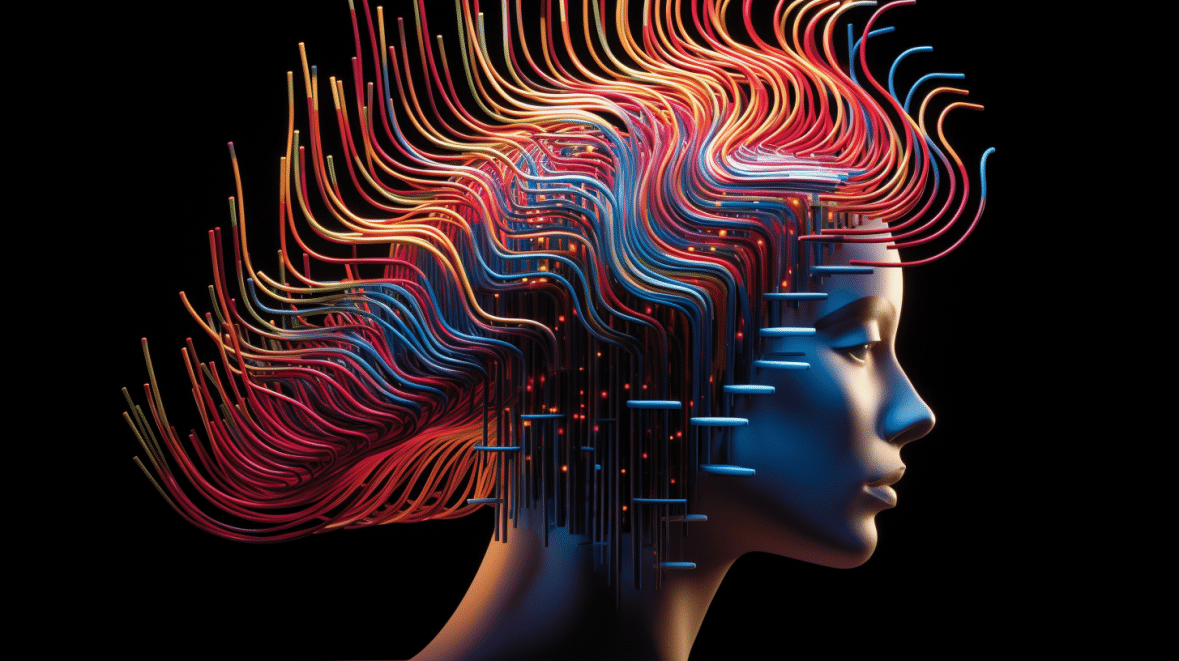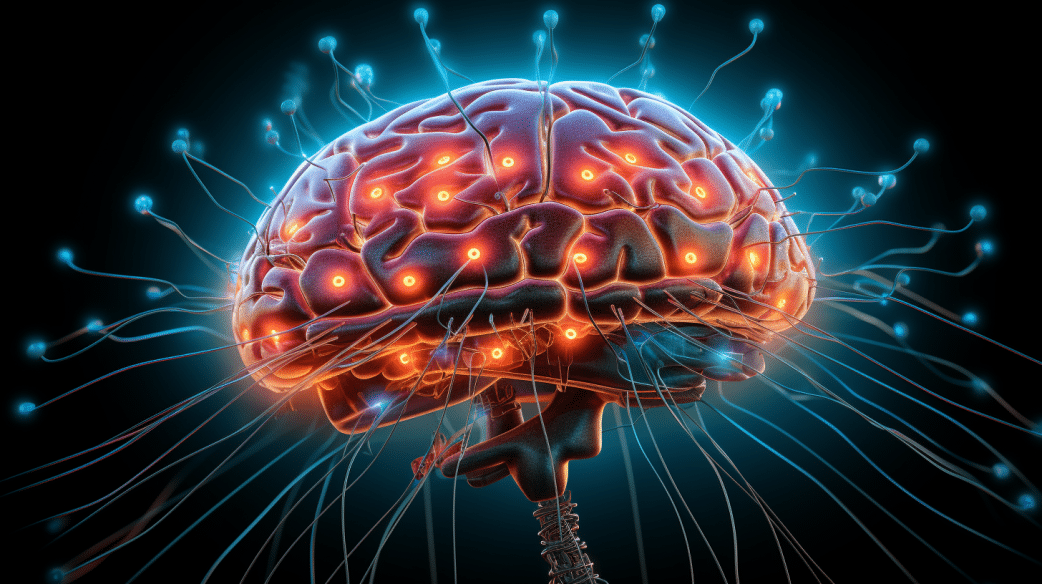Post-COVID Lung Damage Linked to Anxiety & Depression
A new study reveals important connections between lingering lung damage after COVID-19 and mental health issues like anxiety and depression. The research also demonstrates that simple at-home breathing exercises can improve both lung function and mood. Key facts: 1 in 3 patients in the study still had abnormal lung function 2 months after moderate COVID-19 …










